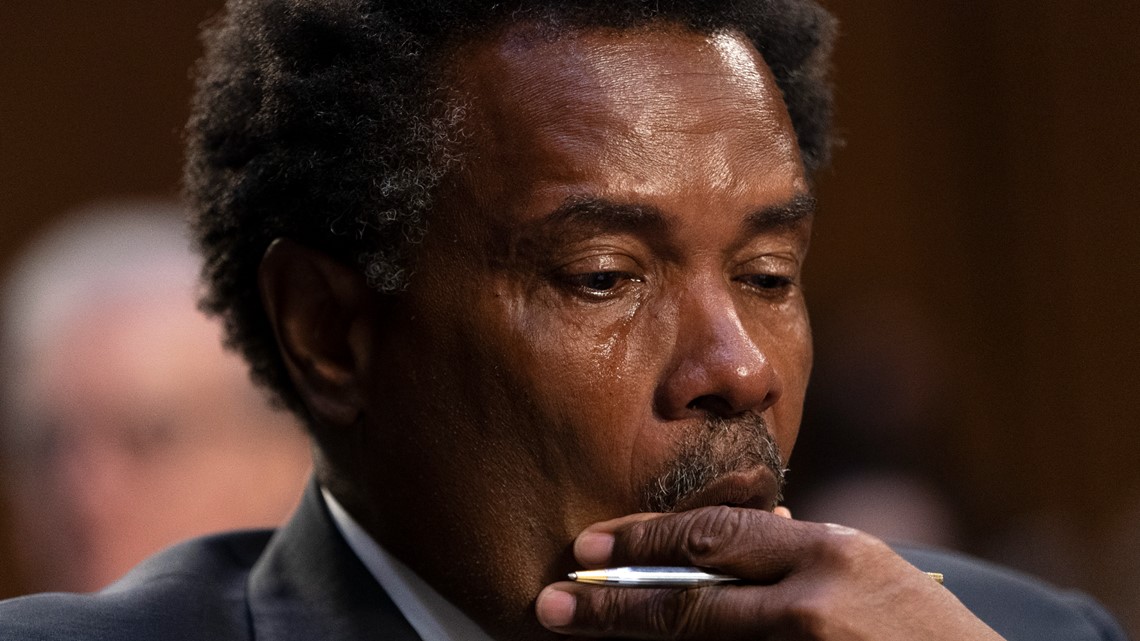Receive free Global Economy updates
We’ll send you a myFT Daily Digest email rounding up the latest Global Economy news every morning.
Good morning. We start today with more bad economic news from China, as Beijing said it would stop publishing data on youth unemployment, weeks after the gauge hit a record level. The decision is a sign of mounting pressure on policymakers as new data pointed to weakness in the recovery of the world’s second-largest economy.
The People’s Bank of China on Tuesday also unexpectedly cut a benchmark interest rate by the biggest margin since the start of the coronavirus pandemic, reflecting official concerns over a loss of momentum months after Covid-19 restrictions were lifted.
Youth unemployment, which China began reporting in 2018, hit 21.3 per cent in June, but the figure was not included in a wider data release for July on Tuesday. The report largely undershot expectations and showed growth slowed in retail sales and industrial production, two intended engines of the country’s economic recovery.
“Today’s cuts suggest that the authorities’ concern about the state of the macroeconomy is mounting,” Robert Carnell, head of Asia-Pacific research at ING, wrote in a note. “If it isn’t there, it must be bad news,” he said of the unemployment figures. Read the full story.
Here’s what else I’m keeping tabs on today:
Economic data: The UK releases several important pieces of data on how the economy performed in July, including inflation data, house price index and monthly employment figures. The focus will be on how far UK inflation falls, as the headline rate is expected to continue to dip after the Bank of England’s aggressive rate rises.
Results: Chinese ecommerce platform JD.com and tech giant Tencent report second-quarter earnings.
Thailand: The constitutional court is expected to rule on the legality of a move to block Pita Limjaroenrat, the leader of the progressive Move Forward party that prevailed in May’s election, from being renominated for prime minister after he was rejected by the national assembly on his first attempt last month.
Five more top stories
1. Donald Trump and 18 others have been charged with trying to overturn the results of the 2020 presidential election in the state of Georgia. Prosecutors allege the former president and the other defendants “constituted a criminal organisation” that “refused to accept that Trump lost” and “joined a conspiracy to unlawfully change the outcome of the election in favour of Trump”. The Georgia charges are the fourth criminal case brought against Trump in the space of five months.
2. Exclusive: Private equity group TPG Capital has approached EY about buying a stake in its consulting arm in a deal that would herald a second attempt at breaking up the Big Four firm. TPG outlined its plan for a debt-and-equity deal to separate the consulting arm from EY’s audit business in a letter sent to the firm’s global and US bosses. Here’s what we know about TPG’s proposal.
3. Resurgent car exports propelled Japan’s economy to a larger than expected expansion in the second quarter of the year, offsetting immediate concerns that the country was vulnerable to global recession.
But several economists cautioned that a recovery of post-pandemic domestic consumption remained unconvincing. Read the latest on Japan’s economy.
4. Istanbul mayor Ekrem İmamoğlu has announced he intends to run for re-election in next year’s municipal polls, firing the starting gun in a race seen as a crucial signal of whether the opposition can present a serious challenge to Turkish president Recep Tayyip Erdoğan. The campaign for Istanbul comes at a fraught moment for Turkey’s opposition, which lost in May’s presidential race. Read the full story.
5. The economist who coined the Brics acronym has slammed as “ridiculous” the notion that the group of emerging nations might develop its own currency, as Brazil, Russia, India, China and South Africa prepare to discuss whether to expand the bloc. “They’re going to create a Brics central bank? How would you do that? It’s embarrassing almost,” Lord Jim O’Neill told the FT. Read the full interview.
The Big Read
Binance co-founder and chief executive Changpeng Zhao appeared to have the world at his feet by the end of 2022. The collapse of rival FTX made Binance the undisputed leader in digital assets, controlling more than half of the fast-evolving cryptocurrency market. But while the prices of main cryptocurrencies such as bitcoin have stabilised, Binance has struggled and finds itself beset by regulatory setbacks.
We’re also reading . . .
Chart of the day

Selling shares in Chinese companies offshore used to be a money-spinner for US investment banks, but that’s no longer the case, writes Kaye Wiggins in this smart column. Beijing put the brakes on offshore listings in a sweeping crackdown from 2021, then announced new rules in February that gave mainland regulators far more influence than before.
Take a break from the news
Two new histories of central Asia — Sex in the Land of Genghis Khan, by Mongolian anthropologist Baasanjav Terbish, and Empires of the Steppes, from historian Kenneth Harl — offer radically different approaches to the region. “Now, more than ever, we need a better understanding of this area and its history,” the FT’s Gillian Tett writes in this thoughtful book review.
Additional contributions by Grace Ramos and Gordon Smith
Recommended newsletters for you
Asset Management — Find out the inside story of the movers and shakers behind a multitrillion-dollar industry. Sign up here
The Week Ahead — Start every week with a preview of what’s on the agenda. Sign up here









.jpg?h=c673cd1c&itok=78jxuSzO)







